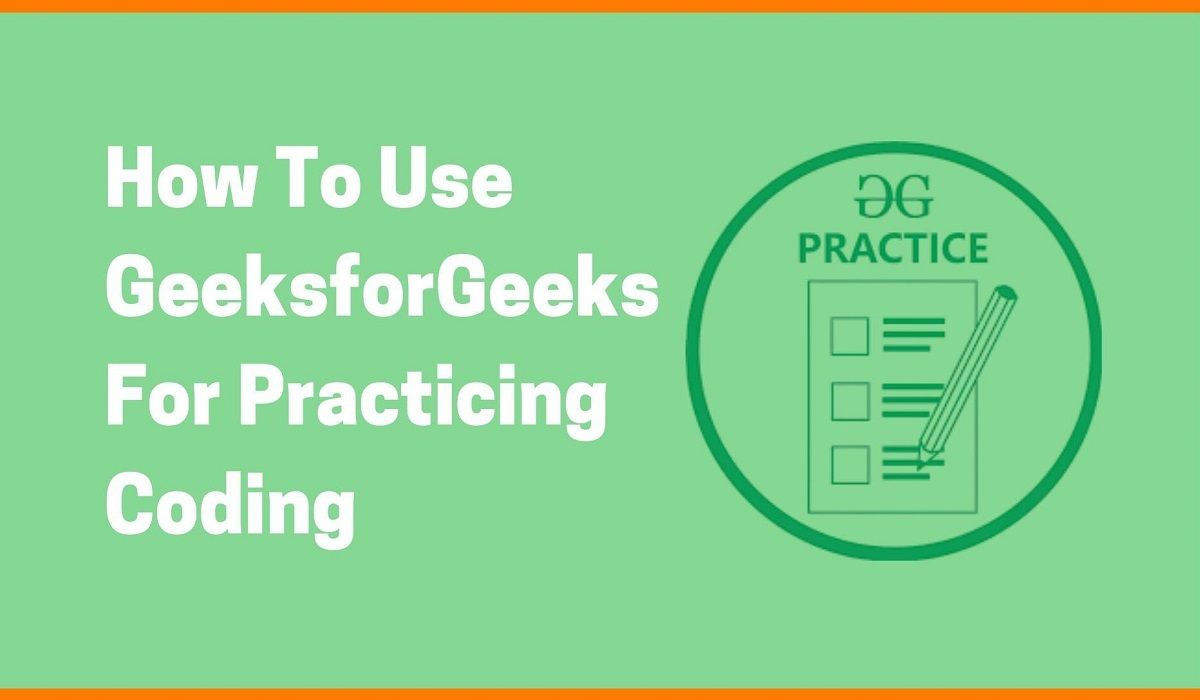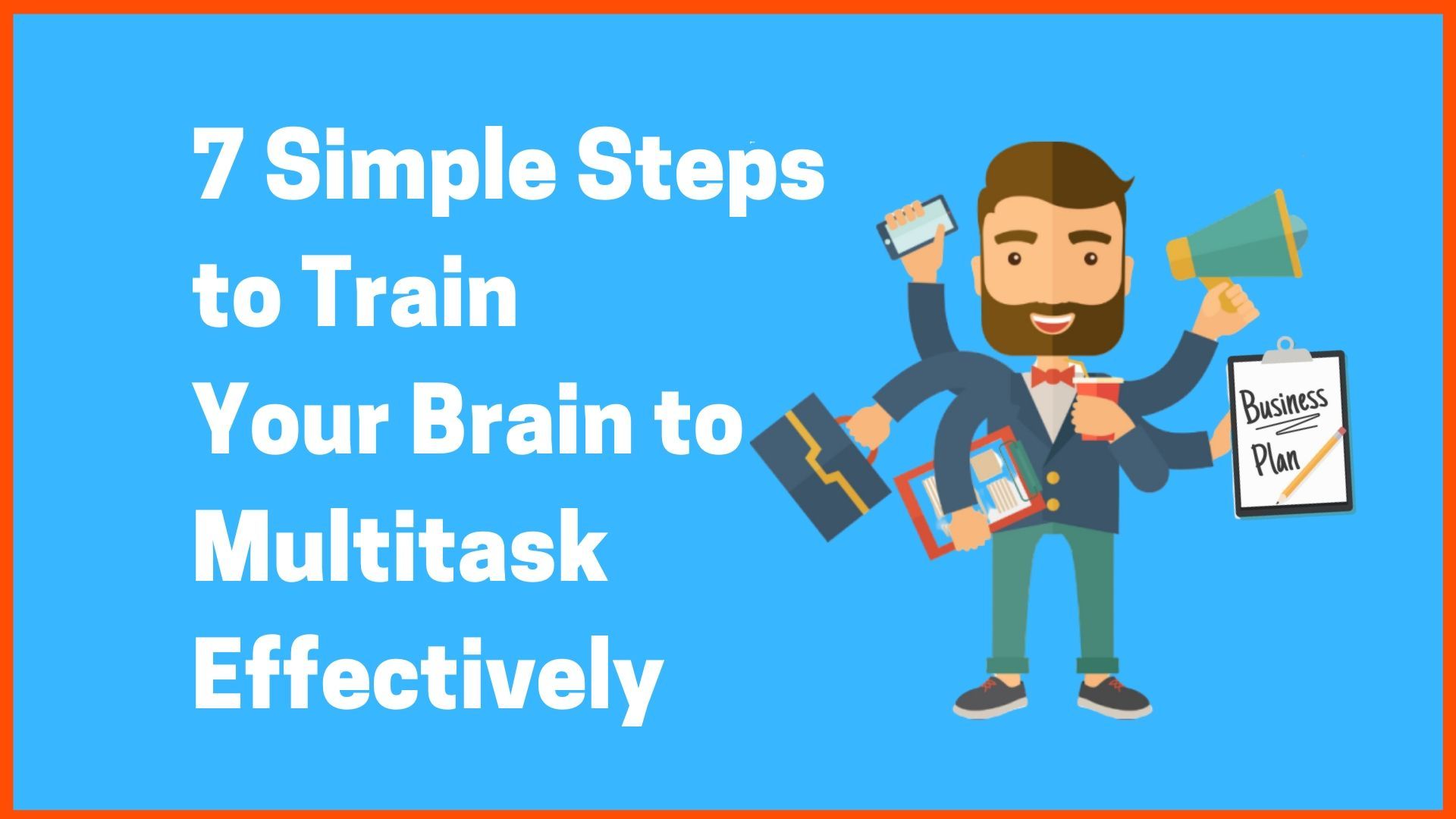As a programmer, this probably sounds familiar. You have a full day’s work ahead of you, bugs to fix, or worse, a client deadline coming up, but somehow, you just can’t get the job done. You walk away from your computer far too many times or sit there staring at it, doing anything and everything apart from the task at hand.
There are many names for it – procrastination, distraction, or burnout, but most businesses worldwide just call it decreased productivity. Productivity is really important regardless of whatever work you are assigned or have to do.
Why is productivity important if you are a programmer?
Productivity is something that most brands and businesses now focus on greatly. It doesn’t matter whether you are a programmer, a writer, a graphic designer or hold other key leadership designations in a company like CEO, CTO, CRO, etc., you need to be productive at the day’s end. So, if you are a programmer, here’s why you need to be productive:
- To boost your engagement
- Multiply your revenues
- Learn more
- Fight the increasing competition
- Give something to the company/employer
- Boost credibility
- Improve reputation
- Meet deadlines
- See more work or more clients
Best Hacks to Improve Productivity as a Programmer
If you’re spending your day looking and feeling busy but with nothing to show at the end, here are some simple tweaks that may help boost your productivity:
1. Get Enough Rest
Sounds counterproductive, doesn’t it? And top of our list too? A programmer’s life entails sitting at your desk for long hours, logical thinking, and a tremendous amount of concentration. Some developers put in 12 plus hours of work regularly, leaving them exhausted, and ultimately, burned out. In fact, losing just two hours of sleep is similar to becoming intoxicated. So, how are you supposed to produce high-quality code under such circumstances?
If you find your productivity and enthusiasm for the job reducing by the day, it may be time to unplug and get a goodnight’s sleep. Proper rest helps boost mental health, and a sharp brain will remember tasks (written or otherwise) and work more efficiently. Thus, helping yourself with enough rest shall certainly mean helping yourself boost productivity. Work time burnouts can be severely painful, and proper rest is one of the main things that professionals need to focus on to avoid burnout at work.

2. Minimize Distractions
Did you know it takes 10-15 minutes for a software developer to regain focus every time they are interrupted? If you get disrupted every hour or so, guess how much time you’re losing? Close to two hours for a typical workday.
Schedule specific times to check and respond to your email, turn off notifications on your computer and mobile devices, and minimize the number of open tabs in your browser. It will help limit the temptation to take a sneak peek at your social media pages.
You may have difficulties staying uninterrupted in an office setting, and you certainly shouldn’t be rude to your colleagues. There are polite ways of letting others know you don’t want distractions like:
- Setting the “don’t disturb” status on the company chat
- Wearing headphones
- Letting your colleague know in advance that you need to concentrate on a task.

3. Identify Your Most Productive Hours
And guard them jealously. Plan your work so that you tackle the most intensive tasks when you’re most productive. You can then distribute the easier or smaller tasks for the rest of the day. This is especially important for freelance developers or anyone working from home and having their loved ones around.
Of course, this may prove challenging if your work requires you to match other employees’ working hours or have a 9 to 5 job, sorry night people. But try to optimize your productivity within the contract-approved hours.
There are several different ways to find your most productive hours, such as by following your ultradian rhythm.
4. Master Your Tools
Developers use different tools depending on their area of focus. Take the time to find out what’s available within these tools to help you work more efficiently and reduce manual tasks. Command-line is a fine example that many beginners avoid getting deeper into, possibly because of its wordy documentation or obscure syntax. In doing so, they miss out on a host of useful tools that could make their everyday tasks easier. Though no code development platforms are something that is disrupting the digital industry, mastering the coding tools is something you need to do if your work depends on coding.
While we’re on the subject, take time to read books and tech stories as these offer a deeper understanding of programming language, the industry practices, and can help improve the quality of your code.

5. Automate Stuff

Handling menial tasks in development can frustrate and slow down productivity but you change things by automating repetitive, boring, and time-costly tasks. It will free up time for more important tasks.
Writing automation scripts may feel daunting at first, but if you keep at it, you’ll come up with fine solutions that will be worth your while and time. You can also automate tasks for your colleagues to help make their work easier and less dependent on you.
6. Learn a New Skill
It’s easy to get into the monotony of work. You use the same technologies every day and handle similar tasks. It’s easy to become complacent and lose your edge, which might affect your career in the future.
Find a side project that you can work on. Even if it means carving out some time in the evenings, early mornings, or on weekends. A new project will re-energize you and flame your passion for coding, and there’s no telling what new opportunities it can open up.

7. Write it Down

Our brains are pretty smart, but we can’t always rely on them to remember everything, especially when it comes to coding. Transferring ideas from your mind to sticky notes to notepads, Google Sheets, or whiteboards can be useful for current or future projects.
Make a habit of jotting down (in an organized way) possible solutions for projects as they come to mind. You can develop these possibilities directly as codes in your notes and transfer them to the project code the minute you’re sure that they are plausible.
While you’re at it, write down the dates and times for important meetings and deadlines to help keep things in perspective.
8. Plan Things Before Writing Code
Planning is always important and is a much-needed step to proceed with before execution. So, even if you are writing codes, then planning definitely is central to your work and the project that you are handling. A planned work has the distinction of being proceeded with ease and in an efficient manner. Besides, planning also removes any chances of working unnecessarily or doing extra work.
9. Refactor Code and Write Code Documentation
Refactoring code might have been tagged as non-productive work by many programmers, who think that it doesn’t add any new feature or functionality to the project. However, it is important to know that refactoring will help you easily read the methods and make the code maintainable. Therefore, refactoring is a useful method that saves everyone’s time, including the engineer maintaining the code. Code documentation is another key habit that helps programmers improve their productivity.
10. Keep Yourself Away from Social Media
Social media is the biggest distraction of today’s generation. According to recent statistics, internet users spend 2 hours 25 minutes on social media on an average per day. This makes a colossal amount of time wasted per week, which is certainly detrimental to work including programming jobs.
11. Switch Off Your Multitasking Self and Focus
Though multitasking is the demand of the age, and that is what the companies are now wanting their employees to be, such a thing definitely takes a toll on the quality and thereby, on the overall productivity. So, if you are a programmer and you are multitasking, then stop there because multitasking can severely affect brain health, and would certainly lead to the loss of your productivity. Multitasking, however, has many benefits too. So, here’s exploring the pros and cons of multitasking.

A Quick Recap to Become a Productive Programmer
Most of the tips we’ve shared here are easy to do and can be implemented immediately. You may not reap the benefits immediately, but you will see improved productivity over time. These seven simple tweaks can help you become a more productive programmer:
- Getting enough rest
- Minimizing distractions
- Identifying your most productive hours
- Mastering your tools
- Automating tasks
- Learning a new skill
- Writing it down
- Effective planning
- Refactor code and write code documentation
- Keeping away from social media
- Switching off multitasking
Stay productive, not complacent!
FAQs
What is programming?
Programming is the task of writing codes/programs for the understanding of the computer, so that the machine, in return, works towards the programmers’ goals.
What does a programmer do?
A programmer is a person who writes computer codes/programs that helps the computer software and applications to function properly and aim to achieve certain goals.
Why is productivity essential in programming?
Productivity is certainly essential in programming. Productivity is one such thing that is crucial for any other work from any of the existing industries. It helps both the company and the employee grow in return.
How can you become a productive programmer?
Being a productive programmer is what most programmers wish for. However, it is true that programmers can also be productive. Here are some easy hacks that will help the programmers to be productive:
- Minimizing multitasking
- Removing distractions
- Taking adequate rest
- Automating stuff
- Mastering the tools
- Identifying the most productive hours
- Learning a new skill
- Writing everything down
- Planning effectively
- Refactoring and writing code documentation
- Reducing social media interaction






